SingaporeMotherhood | Pregnancy
October 2019
Fruit and Pregnancy: Which are Best for You and your Baby?
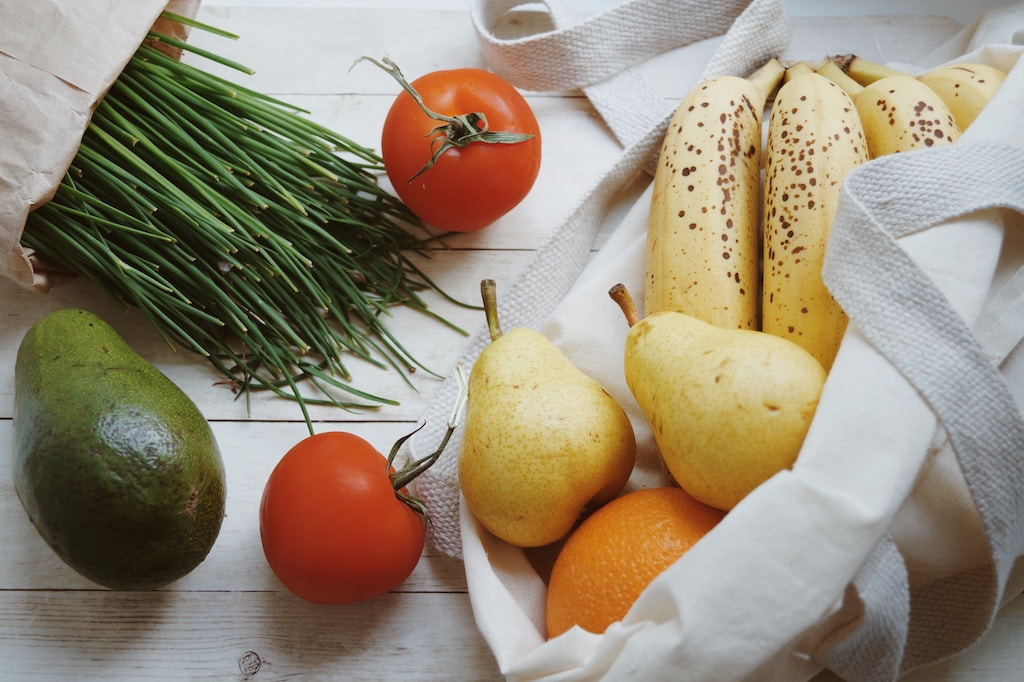
When I was pregnant, I was advised to avoid eating certain fruits. Pineapples, I was told, could be “bad” for the pregnancy. So I steered clear of this tangy fruit. I need not have done so, Vanessa McNamara, a dietician registered with the Singapore Nutrition and Dietetics Association tells me now. “Research indicates that it is safe to eat pineapples in reasonable quantities when pregnant,” she says. But what about the danger to the pregnancy?
“The core of a pineapple contains an enzyme called bromelain. It used to be believed that it brought on early labour or miscarriage. However, we rarely eat large quantities of the core, and there is no scientific evidence to support this belief,” Vanessa says.
In fact, the only precaution to take when eating fruit during pregnancy is that too much may cause bloating and discomfort.
You may also have heard that you should not consume fruits that are too ‘cooling’ or ‘heaty’. Vanessa tells us that all fruit, in moderation, is fine. However if you have concerns, you may wish to consult a Traditional Chinese Medicine (TCM) practitioner for advice.
So go ahead and feast on fruit, mum-to-be. In fact, pregnant and breast-feeding mothers — and everyone else — should consume at least two pieces of fruit every day. These would preferably come from a variety of different fruits to ensure that you are consuming a wider range of nutrients.
(See also: Eating for Two: Foods to Avoid)
When to Eat your Fruit
Before Pregnancy
Spina bifida is a condition that can occur if the spinal column does not close completely during the first month of gestation. Apart from taking folic acid tablets, eating fruits which are rich in vitamin B9 while trying to conceive, and throughout pregnancy, can help. Fruits rich in vitamin B9 include cherries, dates, oranges, strawberries, and tangerines.
During Pregnancy
Coconut water can help hydrate you during bouts of morning sickness, while mangos and papayas can help curb the nausea. If you are a fan of snacking, switch to fruit as a snack. It’s healthier for you and your foetus! Dried apricots, dates, and raisins offer plenty of nutritional benefits for expecting mothers.
Post Delivery
If you are breastfeeding, what you eat affects your baby too. Dairy products, some spices and vegetables as well as citrus fruits, kiwifruits, and strawberries may cause colic. Cherries and prunes have laxative effects and may give your breastfed baby runny stools.
(See also: Eating for Two: Nutrition during Pregnancy)
The 10 Top Local Fruits for Pregnant Mums-to-be
We’ve picked 10 fruit that are specially beneficial for mums-to-be. These are the most power-packed for pregnancy. Moreover, most are easily available locally, and do not have to travel far to reach our shores, hence you know that you are eating fruit that is closer to its harvest date (and with a lower carbon footprint too!). In addition, the first five fruits are considered to be the least contaminated in the list.

Banana
This common yellow fruit is one of the best sources of vitamin B6. For pregnant women, it is doubly beneficial as it also helps with baby’s development. On top of that, bananas are a good source of potassium — which regulates blood flow including to the brain. Finally, bananas can help with gastrointestinal issues such as constipation, which is a common pregnancy symptom.
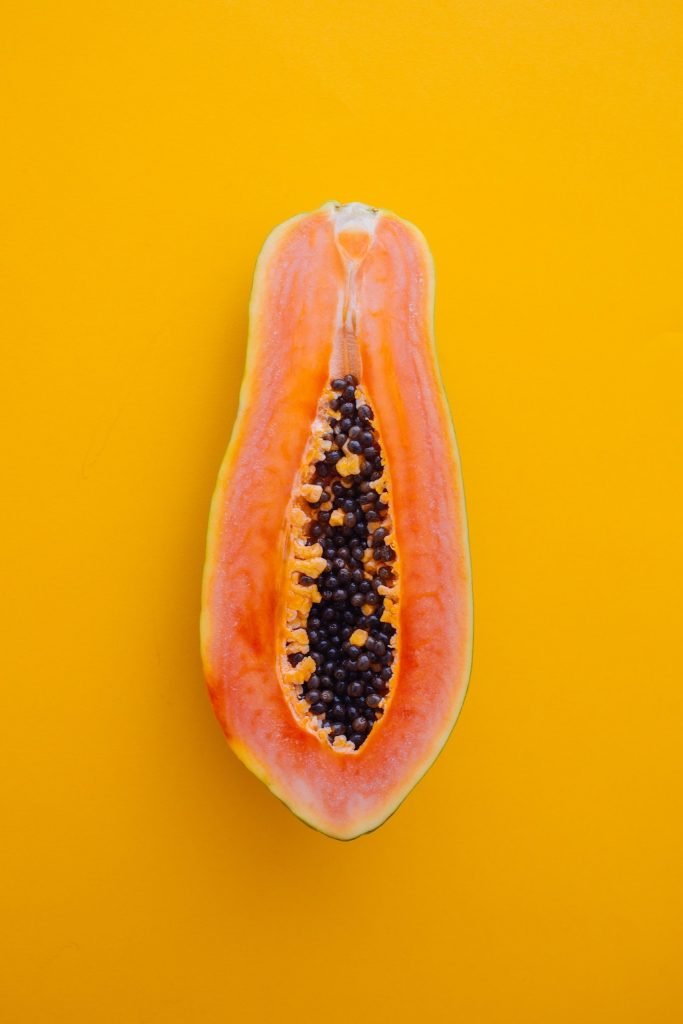
Papaya
Your growing foetus needs a lot of help with cell creation. Not only does tropical papaya have powerful papain enzymes to digest protein, it also contains many of the nutrients required by expecting mums — such as vitamin C, carotenes, flavonoids and other antioxidants, potassium, vitamins A and E, as well as the crucial cell developer, folic acid.

Mango
A baby’s heart is among the first organs created in the womb. Foetal heartbeats can be picked up from around six to seven weeks of gestation. Around this time, it is common for expectant mums to have cravings for mango. In India, this ‘King of Fruits’ (in Ayurveda) symbolises undying love and is the fruit-to-go to for a healthy heart. It is also high in iron and good for anaemia. With its high water content, the mango is an excellent source of soluble and insoluble fibre.

Avocado
During pregnancy your body needs more fat, the good type of fat that avocado is loaded with. In addition to this, avocado also provides lots of vitamin C, potassium, and folic acid, as well as the highest soluble fibre of any fruit, making it a one-stop powerhouse fruit for every mum-to-be.

Kiwifruit
As your blood volume expands during pregnancy, you need more potassium in your body, and this fruit is an excellent source of it. One kiwifruit has 20 per cent more potassium than one banana! It is also a significant source of vitamin E, and folic acid. Finally, eating this fuzzy-skinned fruit can help give your immune system a boost, as it contains even higher levels of vitamin C than oranges!

Guava
While not as potent in as a kiwifruit, one guava can give up to five times more vitamin C than an orange. It is also rich in antioxidants that help prevent breast cancer and prostate cancer. Amazingly, in addition to vitamins A, E, potassium, and magnesium, guavas also contain calcium!
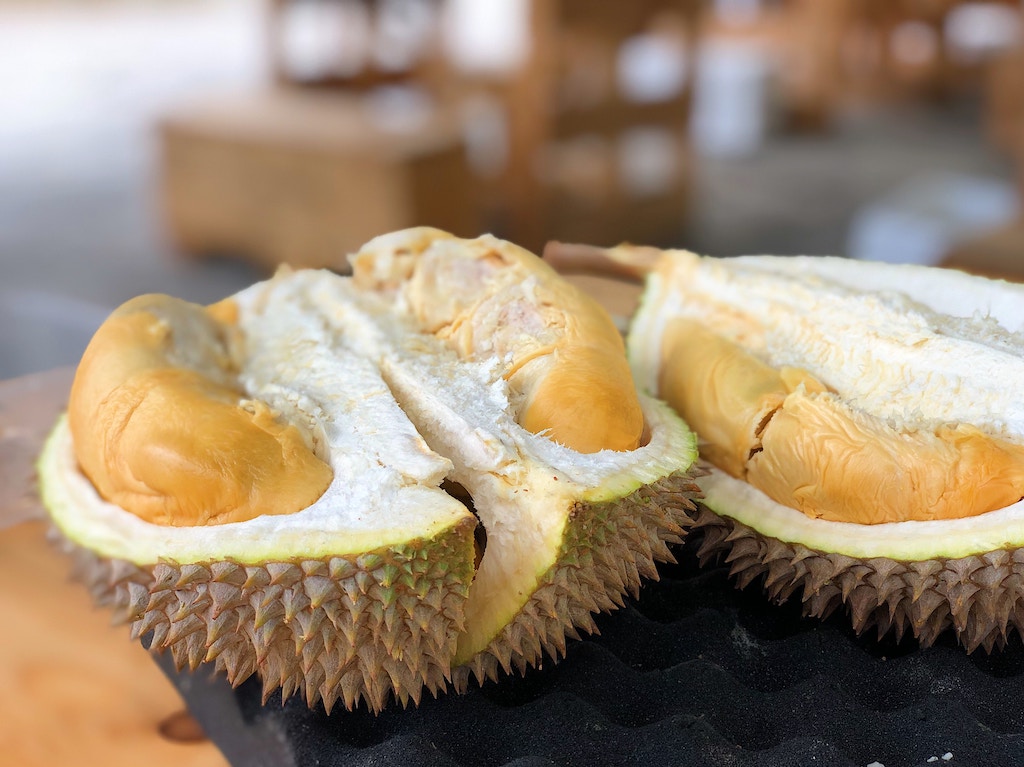
Durian
If you are a durian lover, and pregnant during durian season, should you indulge in your favourite fruit, or stop eating it completely? Don’t worry, mum-to-be, it is safe to eat this creamy fruit while pregnant, but in moderation. Two or three seeds a day is enough though. The king of fruits has vitamins B, C, and E, potassium, and fibre. It also has monounsaturated fats — which are good for the heart, and which can help to lower bad LDL cholesterol.
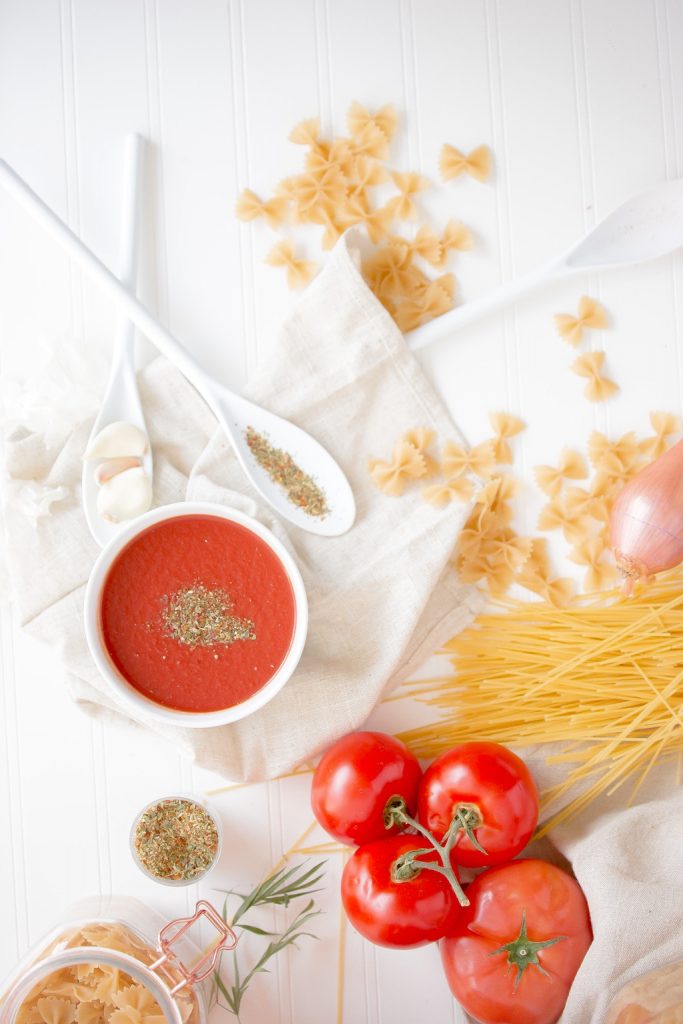
Tomato
Yes, the tomato is a fruit, and some mums-to-be crave them! Through made up of 90 per cent water, tomatoes are very nutritious and contain lots of vitamin C, B6, folate, and betacarotene. The red skin is rich in lycopene, which protects from cell damage. Did you know that cooked tomatoes have higher antioxidant levels than uncooked ones?
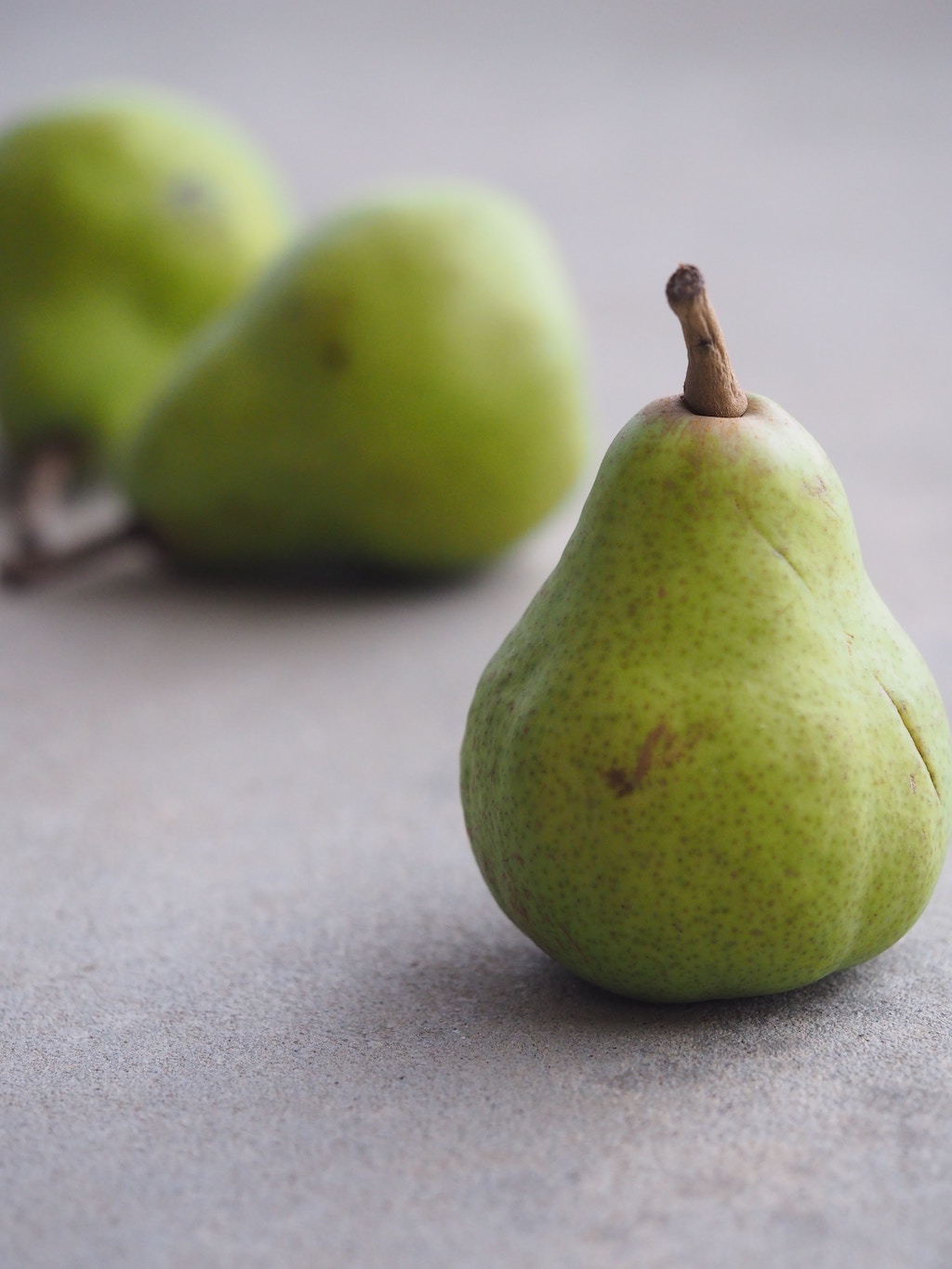
Pear
Constipation during pregnancy is common, and extremely uncomfortable. Stock up on this fruit to help keep things moving easily down there. Not only do pears provide vitamin C and potassium, they also have DNA-making folate. But their winning feature is the amount of fibre contained in each fruit. Eat the pear with its skin on to get 25 per cent of your suggested daily fibre intake in one fine fruit!
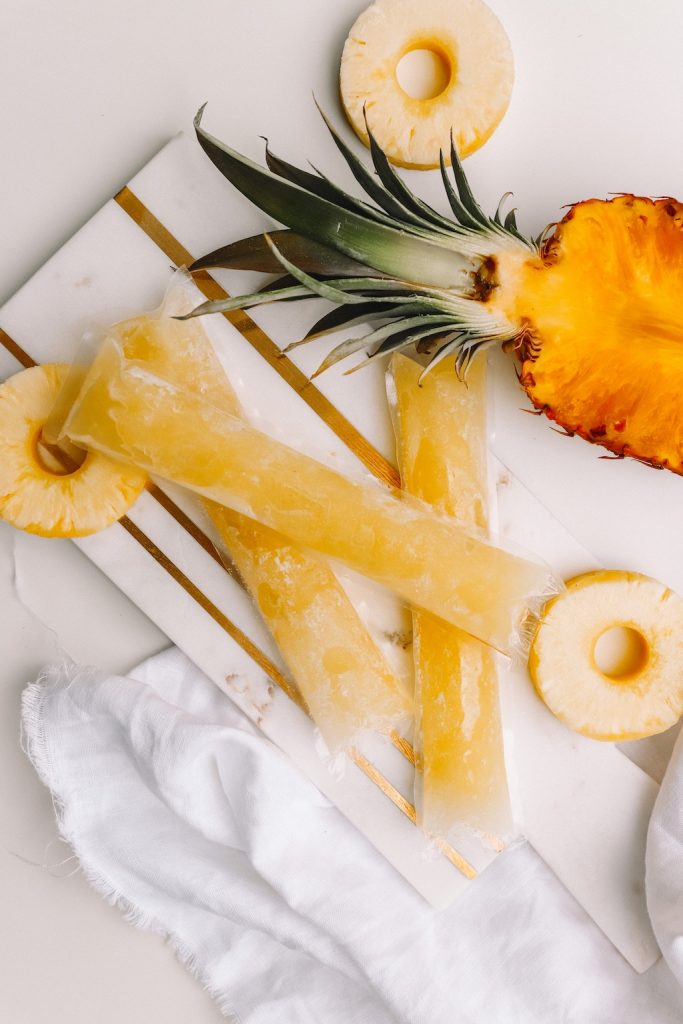
Pineapple
Dietician Vanessa McNamara says it is a myth that this fruit is dangerous to eat during pregnancy. In fact, pineapples can be a healthy choice during the gestational period as this fruit is a superhero in the inflammation-fighting department. It is also good for indigestion, and effective in reducing bloating during the last trimester of pregnancy.
Have a Fruit-Filled Pregnancy!
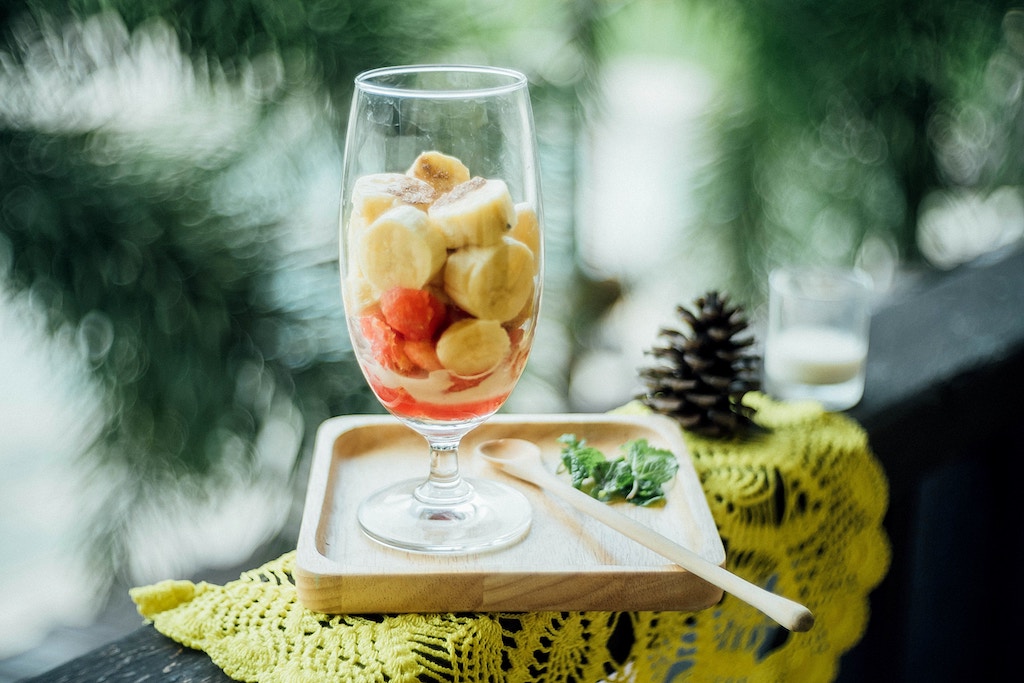
Indeed, fruits are a delicious part of any person’s diet. Apart from adding taste and nutrition, the fibre from fruit can help clear remnants of processed foods, animal protein, and complex carboydrates from your digestive tract.
In conclusion, it does not matter if you cannot remember which fruit does what. Just stick to the age-old doctors’ advice to eat everything in moderation, and you should be fine. As with every pregnancy (and even when you are not), seek aid if you start to feel discomfort. If your gut tells you to avoid a food or a fruit, do not take it. Trust yourself, and what your body is telling you.
Header and Featured images: Source
All content from this article, including images, cannot be reproduced without credits or written permission from SingaporeMotherhood.
Follow us on Facebook, Instagram, and Telegram for the latest article and promotion updates.





